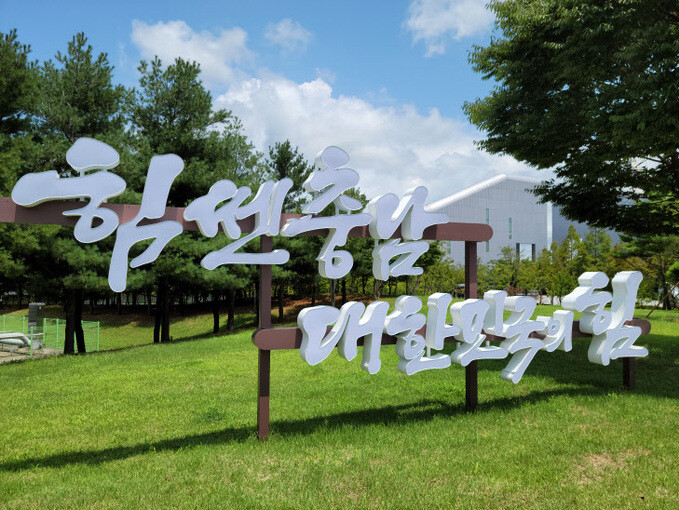
Chungnam Province announced on the 10th that it is actively operating the '2025 Digital Learning Center Project' to make digital life more convenient for its residents.
The province recently conducted digital learning center education for residents in the Boryeong branch of the Chungnam Association for Persons with Disabilities, who had difficulties with computer document creation.
This education was planned with the goal of improving computer skills and fostering professional human resources. The curriculum consisted of practical topics closely related to daily life, including: △Hangeul 2021 program basics △acquiring basic functions like document creation and saving △practical preparation for Information Technology Qualification (ITQ) certification.
Through this, the province aimed to enhance residents' understanding of digital culture and provide opportunities for them to actively participate in society by utilizing digital devices such as computers.
The Digital Learning Center is a project overseen by the Ministry of Science and ICT and the National Information Society Agency (NIA), providing digital education tailored to different demographics and skill levels for daily life. This year, the province aims to educate approximately 30,000 people, focusing on digitally vulnerable groups such as the elderly, people with disabilities, and multicultural families. It operates customized programs including △hub centers △digital experience zones △and visiting education.
Reflecting the region's high proportion of elderly residents, the education focuses on practical topics like digital healthcare, financial safety, and the use of lifestyle apps.
Groups of three or more people or individuals can apply for education through the Digital Learning Center website (디지털배움터.kr), and detailed information about the education can be obtained by calling the representative number (1800-0096).
Meanwhile, a disabled assistant instructor participated in this educational session, adding more meaning to the event.
Assistant Instructor Chae Jang-won, who has a brain lesion disability, showed active and positive support for the class despite difficult circumstances, bringing warmth and inspiration to the educational setting.
Furthermore, it is noteworthy that a student with a borderline intellectual disability is also receiving education at the Digital Learning Center and improving their digital capabilities.
Currently, this student is being evaluated as a case of social participation and self-reliance for people with disabilities in the employment process after acquiring expertise through the Digital Learning Center's educational program.
As such, the Digital Learning Center is more meaningful in that it contributes not only to simple technical education but also to expanding the social roles and establishing the foundation for self-reliance of people with disabilities.
[Copyright (c) Global Economic Times. All Rights Reserved.]






























